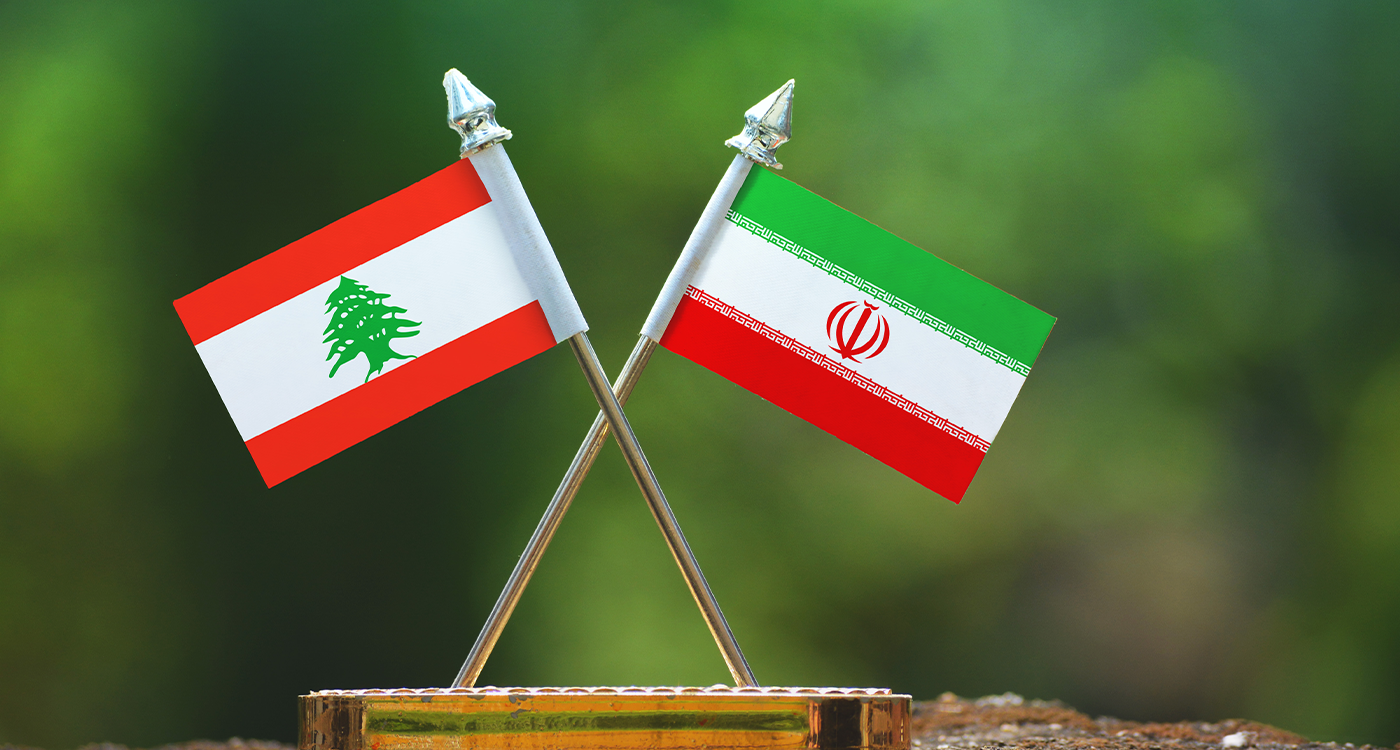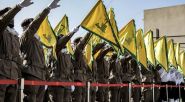
This week, the Iranian ambassador, still bearing the scars of war, took to social media. In a tone more suited for a Revolutionary Guards rally than a diplomatic forum, he criticized efforts to disarm Hezbollah, framing them as part of a grand American-Zionist conspiracy. He even threw shade at Lebanon’s fragile new government, implying it has no business reconsidering the “resistance’s” arms.
Newly appointed Lebanese Foreign Minister Youssef Rajji summoned the Iranian ambassador for a diplomatic dressing-down.
Yes, summoned. Not hosted, not consulted, not quietly appeased. Summoned.
And make no mistake—this wasn’t just a bureaucratic formality. This was a shift in posture. A rare, almost historic decision by the Lebanese state to stand up to a power that has long treated Lebanon less like a sovereign neighbor and more like a client.
Since the early 1980s, Iran has nurtured its relationship with Hezbollah to the point where the party became not just an armed faction, but an extension of Iranian regional policy. Over time, the Iranian embassy in Beirut evolved into more than a diplomatic mission—it became a command center, a press office, and, at times, an ideological pulpit. Lebanese leaders, even those in opposition to Hezbollah, rarely crossed the red line of publicly confronting Iran’s role.
Until now.
Ambassador Mojtaba Amani made the mistake of forgetting that Lebanon, for all its dysfunction, is still a Republic with a Constitution. In response to growing calls inside and outside Lebanon to disarm Hezbollah and restore the state’s monopoly on the use of force, Amani released a statement filled with the familiar ideological slogans, warning against conspiracies, defending the “resistance,” and dismissing any suggestion of disarmament as treasonous.
This time, the Lebanese state didn’t stay silent. Lebanese Foreign Minister Youssef Rajji summoned him. And in doing so, he did something past foreign ministers avoided for years: he reminded Iran that Lebanon is not a province in the Iranian-led axis, nor a battlefield to be managed from afar.
This wasn’t just a diplomatic gesture—it was a recalibration.
Rajji, a seasoned diplomat and newcomer to the ministerial scene, may have just ushered in a new phase in Lebanese foreign policy. One where regional alignment is no longer assumed, where neutrality isn’t just a concept thrown around in speeches but a direction actively pursued.
Is this symbolic? Absolutely. But in Middle Eastern politics, symbolism is often the first step toward realignment.
The Iranian ambassador replied, “I was informed of the Lebanese Ministry of Foreign Affairs' summons regarding my tweets about weapons, but I apologized for not attending today, and I have not yet been given another appointment.”
Iran, for its part, has grown used to treating Lebanon as a space where its proxies set the terms of engagement. Its ambassadors, over the years, have rarely faced pushback. The implicit deal was clear: as long as Hezbollah remains a powerful force within the Lebanese political system, Iran’s presence remains sacrosanct.
But that logic may be starting to unravel. The Lebanese state is broke. The economy is bleeding. International donors are watching. And the public—across sects—is exhausted from paying the price for foreign entanglements they didn’t choose.
Rajji’s move is a subtle nod to this broader frustration. It’s a signal to Iran, but also to the world: Lebanon may still be compromised, but it’s not colonized. Not yet. And there are those within its institutions willing to push back, even if only diplomatically, for now.
Of course, Iran won’t retreat from Lebanon overnight. And Hezbollah isn’t going anywhere without a political earthquake. But in the theater of Middle Eastern diplomacy, what matters is often less what is said and more who dares to say it—and to whom.
This week, Lebanon dared.
And in the space between one summoned ambassador and one principled minister, a small spark was lit. The kind that, if nurtured, might one day grow into something rare in Lebanese politics: a spine.




Comments